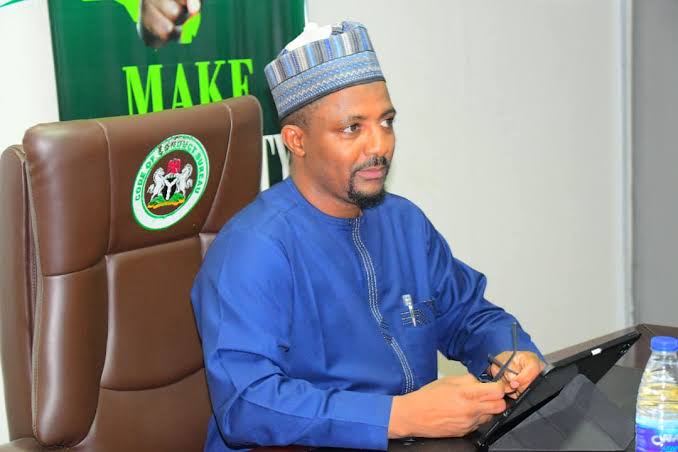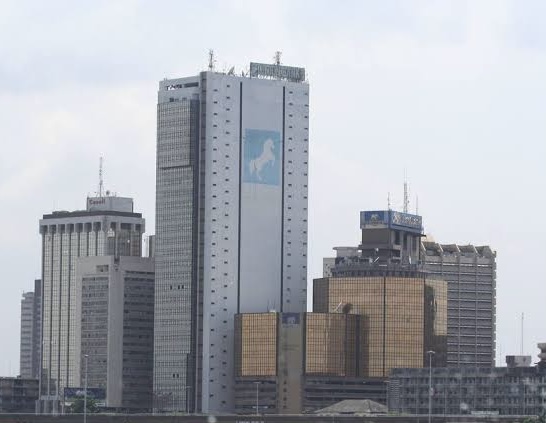
The Lagos State Government, in collaboration with the United Nations Development Programme (UNDP), has launched the third phase of the Lagos State Employability Support Project (LSESP) aimed at tackling youth unemployment and promoting enterprise growth.
The new phase targets the training of 2,000 young people in high-demand sectors, including the creative, digital, renewable energy, construction, and manufacturing industries.
The initiative, driven by the Lagos State Employment Trust Fund (LSETF), serves as a model for innovative public-private collaboration designed to close labour market gaps, foster job creation, and support small and medium enterprises through skills development.
According to the organisers, the project builds on the success of the previous two phases, which have trained more than 8,000 young people since its inception eight years ago.
Around 20 per cent of past beneficiaries received start-up kits and stipends, while over 80 per cent of certified graduates were successfully matched with employers through 29 participating vocational training centres.
Speaking at the signing ceremony, UNDP Nigeria’s Resident Representative, Elsie Attafuah, said the partnership underscored a continued commitment to youth empowerment and economic transformation in Lagos.
“Over the past eight years, UNDP has stood firmly with the Lagos State Government in advancing youth empowerment and economic transformation,” Attafuah stated.
“Phase 3 is more than a continuation; it is a bold step toward shaping a workforce ready for the future. We are investing in young people not merely as beneficiaries but as drivers of innovation, productivity, and growth.”
The project is expected to further strengthen Lagos’s position as Nigeria’s leading hub for workforce development and inclusive economic growth.












